History
The Fascinating History of Coffee: From its Origins to Modern Day
If you love coffee, you're in good company. Coffee is one of the most popula...

If you love coffee, you're in good company. Coffee is one of the most popular drinks in the world, and its history is fascinating. In this article, we will explore the origins of coffee and follow its journey to becoming the drink we love today.
Ethiopia: The Birthplace of Coffee
According to The National Coffee Association, "Coffee grown worldwide can trace its heritage back centuries to the ancient coffee forests on the Ethiopian plateau".
How was coffee discovered? The history of coffee goes back to the 10th century when an Ethiopian goatherder named Kaldi first noticed the energizing effects of the coffee plant.
According to legend, Kaldi found his goats frolicking and bleating late one night. He tracked them to a small bush with bright red berries and shiny green leaves. After eating some of the berries, Kaldi realized they were responsible for the goats' extra energy and liveliness. He took some of the berries back to his monastery, where the monks tried boiling them to make a drink.
The local monks were not impressed. They considered the coffee berries blasphemous and threw them in the fire. However, the enticing aroma of roasting coffee beans soon filled the air, and the curious monks couldn't resist taking a closer look. They found that this method extracted more of the berries' benefits, and thus Coffee was born!
They found that coffee was delicious and gave them a needed energizing boost. Monasteries worldwide adopted coffee as a staple. Thanks to those early monks, we now have a delightful morning ritual that helps millions of people start their day. Ethiopia is considered the birthplace of coffee and remains a significant producer of high-quality Arabica beans today. Thanks, Kaldi!
The Spread of Coffee from Ethiopia to the Rest of the World
From Ethiopia, coffee spread to Egypt and Yemen. By the 15th century, it reached Persia, Turkey, and North Africa. By the 17th century, coffee was being grown in the Americas.
The first coffee plant was brought to Brazil by Portuguese settlers in 1699. Today, Brazil produces about a third of the world's coffee, making the country by far the world's largest producer.
Coffee also arrived in Jamaica in 1728 and quickly became an important export for the island nation.
Coffee made its way to Europe in the mid-17th century. The Dutch were the first Europeans to grow coffee commercially, planting beans in their colony of Batavia (present-day Jakarta). Soon after, it wasn't long before coffee plantations began popping up all over Europe, including in the Netherlands, Germany, Italy, Austria, and France.
Coffee became hugely popular in Europe, particularly among the urban middle and upper classes. In 1777, Frederick the Great banned coffeehouses in Prussia, declaring that they were "harmful to our [moral] fiber." However, his subjects defied him and continued to drink coffee in secret. A few years later, the ban was lifted.
Coffee's Cultural Significance
As coffee's popularity increased, so did its cultural significance. In 18th-century England, coffeehouses were critical social hubs where people from all walks came to discuss news and ideas. They were also places where writers and artists congregated, making them important incubators for artistic movements like the Enlightenment and Romanticism.
The first coffeehouse in England opened in Oxford in 1650. These "penny universities" became popular gathering places for intellectuals and artists. In 1675, the first coffeehouse opened in London. By 1739, there were more than 500 coffeehouses in the city!
Coffee finally made its way to North America in the mid-18th century. The first coffee plant was brought to New York from Martinique in 1723. Seven years later, Boston's first coffeehouse opened for business. From there, coffee quickly spread throughout the Colonies. After the American Revolution, many wealthy colonists who had been drinking tea switched to coffee to show solidarity with the new republic.
The Rise of Coffee: The World's Favorite Beverage
Over the past 300 years, coffee has become one of the most popular beverages in the world. People of all ages and cultures enjoy it, and it plays an important role in many people's everyday lives.
In the United States, the coffee space has blown up exponentially over the last 30 years! If you want to trace the main culprit for this, we can go back to the early 1990s with the formation of Starbucks. Before Starbucks, there were just small, independent coffee shops. Now, If you go to any major city in the United States, you're bound to find a coffee shop on every block. Coffee has become so popular in America that more than 15,000 coffee shops are now in the country.
But when did this obsession with coffee begin? While coffee consumption has been rising for years, the number of coffee shops has exploded recently. According to market research firm Mintel, the number of coffee shops in the US "continues to experience healthy growth with sales reaching an estimated $23.4 billion in 2017; a growth of 41 percent from 2011".
With Americans now spending more money on coffee than ever before, what's behind this sudden surge in popularity?
There are a few factors that have contributed to the growth of the coffee shop industry. First, there has been an increase in working adults needing a place to work outside the office.
Also, the quality of coffee has improved dramatically, thanks to roasting and brewing technology advances. Finally, we've become accustomed to paying for premium items like gourmet coffee. In the last couple of years, we have entered even newer territory: coffee delivered directly to your doorstep!
Coffee Today: Why is E-commerce Coffee Better Than Coffee Shop coffee?
There's no doubt that coffee shops have their perks. They're often cozy and inviting, with a relaxed atmosphere that makes it easy to stay for a while and chat with friends. Plus, there's always the chance of running into someone you know. But when it comes to buying coffee, more people are turning to online retailers. Here's why:
For one thing, online retailers typically offer a more comprehensive selection of coffee beans than coffee shops. Online, you're more likely to find the perfect blend for your tastes, whether you're looking for a light and floral roast or rich and bold espresso. You also have the option to buy beans in bulk, which can save you money in the long run. In addition, buying coffee online gives you greater control over the freshness of your beans.
Finally, let's not forget about convenience. It's much easier to order coffee from your laptop than to trek to a coffee shop, especially if you're short on time. And with many online retailers, you can now have your beans delivered right to your door.
What Does Merlin's Munchies Coffee Company have to offer consumers?
Here at Merlin's Munchies Coffee Company, we have over 30 fun and fantastical flavors and many single-origins and blends from around the world. The best thing about our coffee company is that when you purchase your beans, we roast them to order and ship them fresh!
With your first website purchase, you will receive a free copy of our audiobook, The Legend of the Orb. It’s a tale of Merlin, the immortal time-traveling wizard before he started roasting his coffee beans billions of years ago! It's a doozy and may or may not have something to do with the Big Bang and the creation of our Universe! :) Enter FREEORB with your first purchase and explore the wonderful world on Merlin's Munchies Coffee Company today!
When you purchase your coffee from Merlin's Munchies Coffee Company, not only will you be getting a great product, but you'll also be supporting a small business. We are a family-owned company that takes pride in our customer service and the quality of our coffee. So what are you waiting for? Order your coffee beans today!
Do you have a favorite single-origin, or coffee blend? Let us know in the comments below! Be sure to check out our store for freshly roasted coffee beans, you won't be disappointed!
Thanks for reading! :)




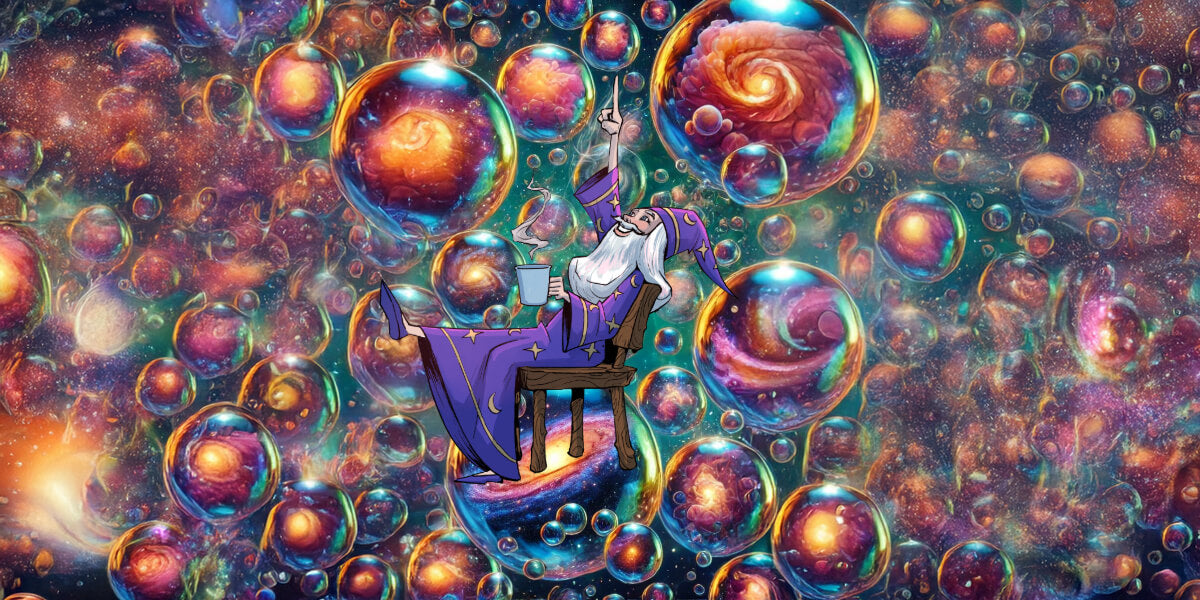 The Multiverse: Why It's Possible, How Quantum Physics Makes It Work?
The Multiverse: Why It's Possible, How Quantum Physics Makes It Work?
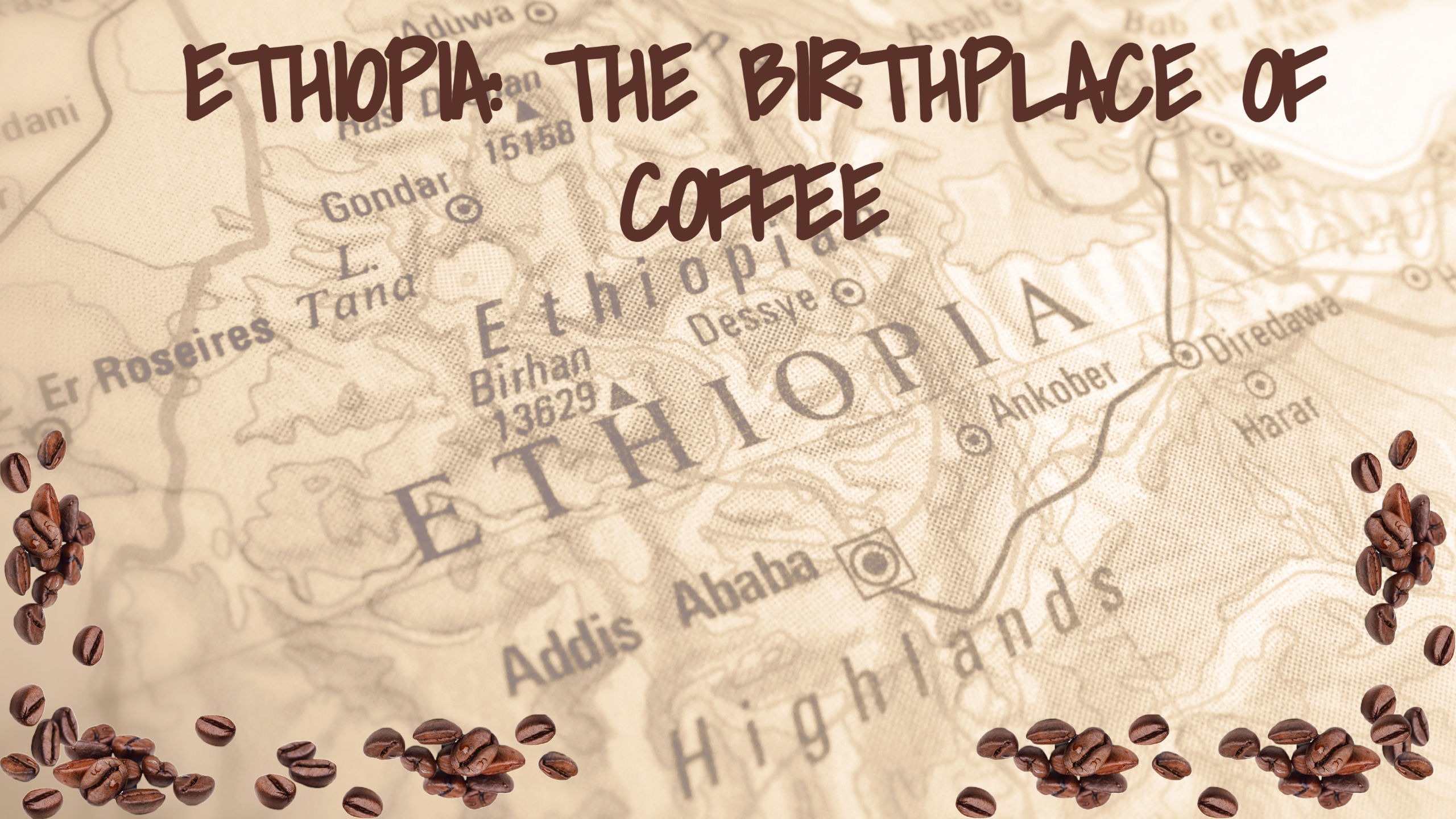 The Fascinating History of Coffee: From its Origins to Modern Day
The Fascinating History of Coffee: From its Origins to Modern Day
 A New State of Matter: We Have Now Entered The Twilight Zone
A New State of Matter: We Have Now Entered The Twilight Zone
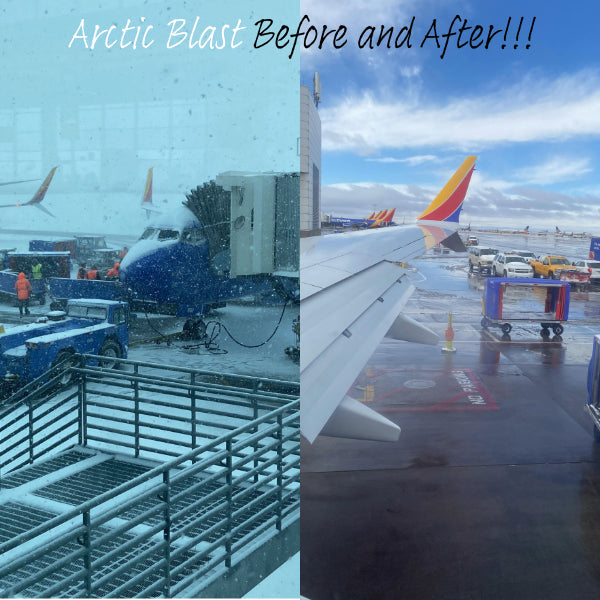 Arctic Blasts: The Universe’s Way of Reminding Us to Layer Up
Arctic Blasts: The Universe’s Way of Reminding Us to Layer Up
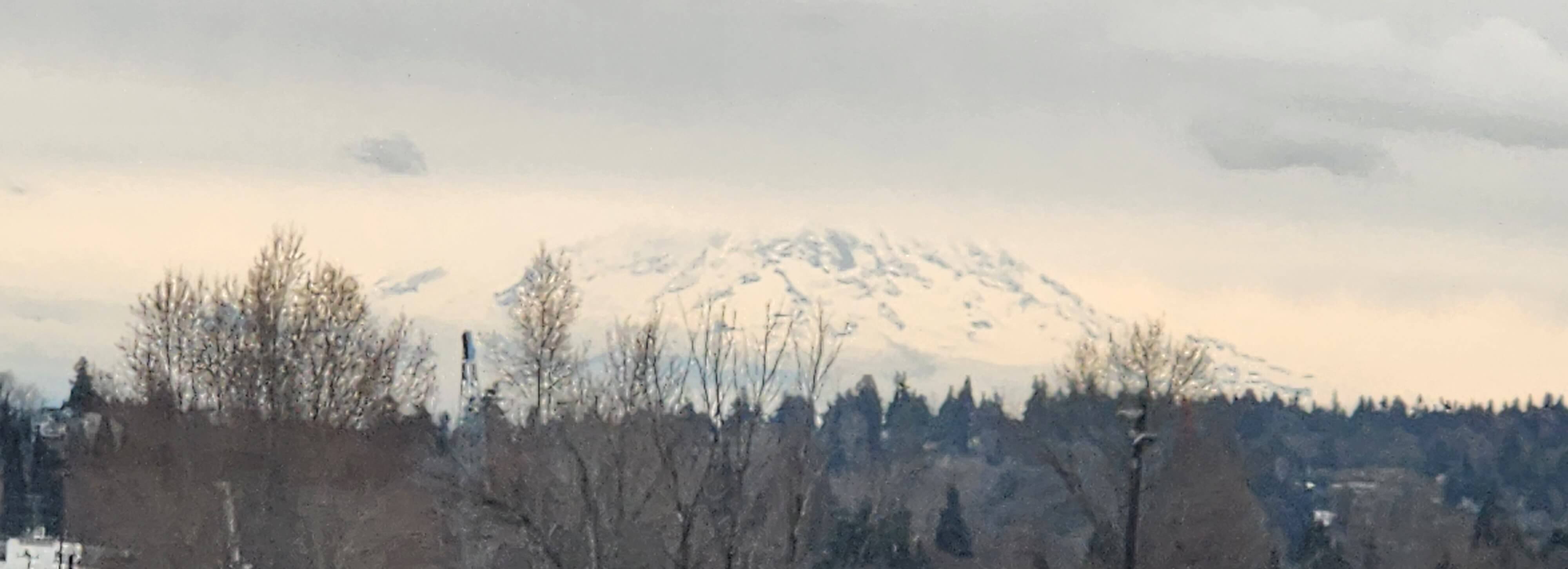 Boom or Bust? The 20 Largest Volcanoes in the U.S. (and the 5 Most Likely to Explode Next!)
Boom or Bust? The 20 Largest Volcanoes in the U.S. (and the 5 Most Likely to Explode Next!)
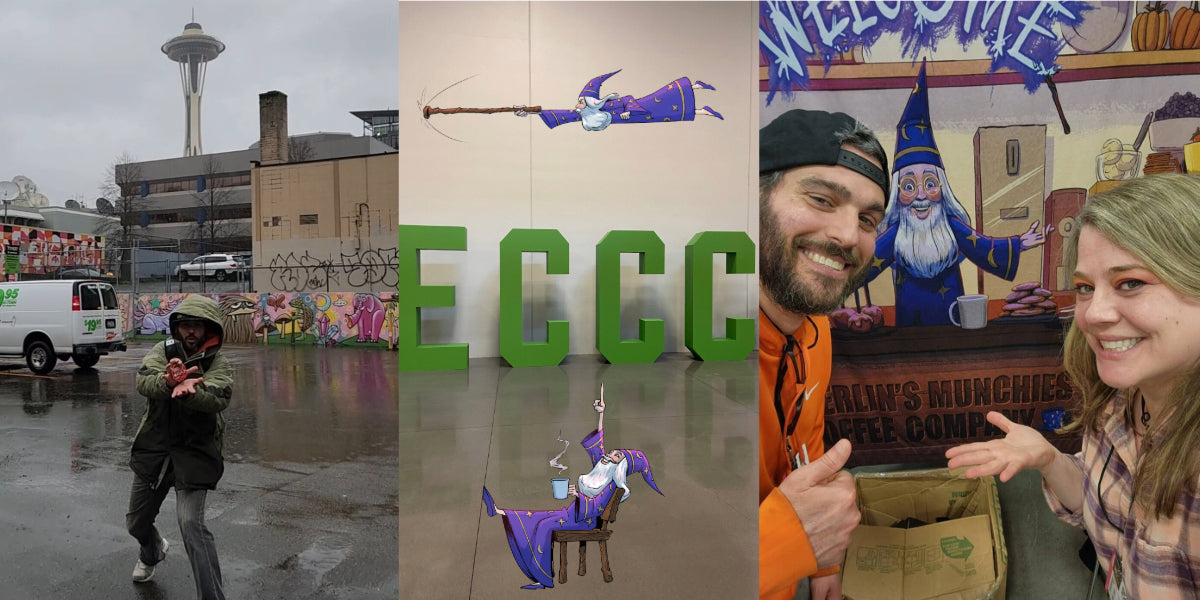 Emerald City Comic Con: Coffee, Chaos, and the Best Damn Wings in Seattle
Emerald City Comic Con: Coffee, Chaos, and the Best Damn Wings in Seattle
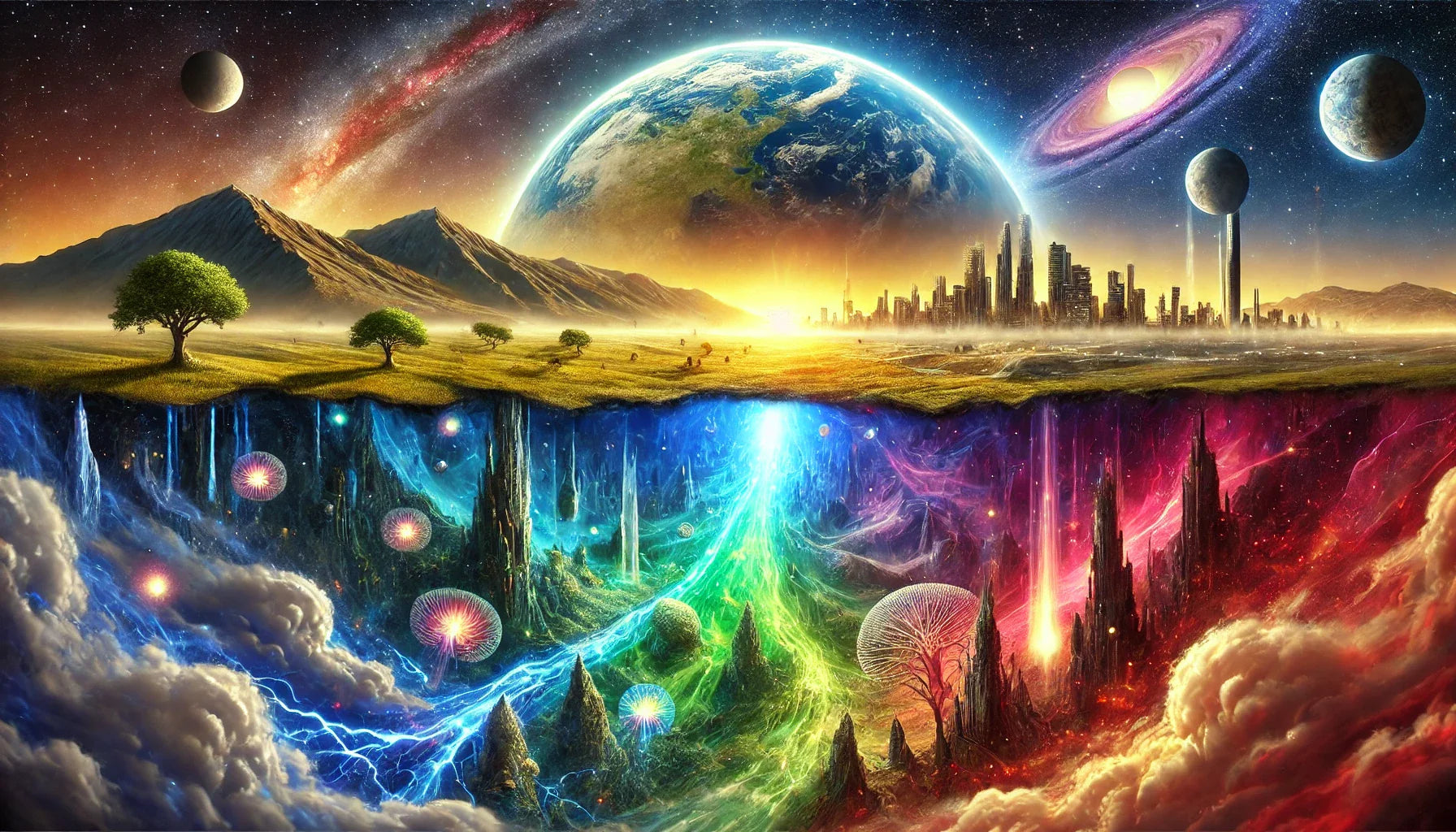 Is There a Parallel Universe Bleeding into Ours? NASA Think's it's a Possibility!
Is There a Parallel Universe Bleeding into Ours? NASA Think's it's a Possibility!